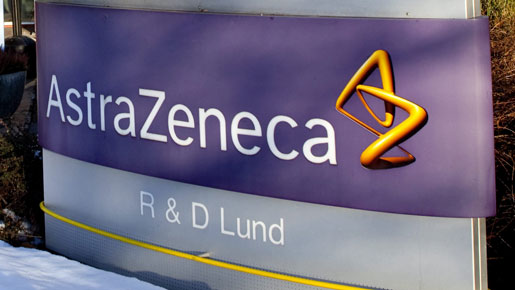
Weak currencies and low interest rates will help European and UK firms post better results for the first quarter versus the previous three months, helping to extend a rally in the region’s equities at least to mid-year.
European shares, up 69 percent from lows hit in March 2009, are looking for fresh impetus from company earnings as valuations hover near 2007 pre-crisis levels, while Eurozone fiscal problems raise new risks for investors.
The performance of US companies in the final quarter of 2009 also offers some clues to what investors can expect from European firms as the US economy is typically ahead in the cycle.
More than 70 percent of US firms that report results beat estimates in the fourth quarter of last year, data showed, while just more than 50 percent of the European companies topped forecasts.
However, corporate earnings may weaken in the second half of 2010 as governments and major central banks take away the easy money injected into economies hit by the 2008-2009 financial crisis and may even raise interest rates as recovery gathers pace.
“There is a potential for European earnings to do better in the first quarter than they did in the fourth quarter when the overall economic data was pretty subbed,” said Robert Parkes, equity strategist at HSBC.
“The euro has weakened considerably in the first quarter. That should help margins.” Parkes said companies were “deliberately” cautious in giving guidance in the fourth quarter, which could create upside surprises for the market in the upcoming earnings season, which will kick off next week in the US and Europe.
UBS equity strategist Karen Olney said big European firms with high overseas sales were expected to be better off than small, domestically-focused companies because of the relative weakness of the euro and sterling and slower growth in Europe.
“Currency will be a boost in an environment where you have got weak domestic economic growth,” she said. “Currency is definitely more important than it was during a strong economic backdrop … It adds extra weight to grind a little bit of profit growth out of the situation.”
UBS expected European companies to post a 25 percent rise in earnings this year after falling 19 percent in 2009.
The euro has fallen seven percent against the dollar this year on the back of Greece’s debt problems, while sterling has lost more than six percent versus the US currency during the same period.
Among European companies with large overseas sales are drinks can maker Rexam, brewer Anheuser-Busch InBev, drugmaker AstraZeneca, Philips Electronics, advertising group WPP and cellphone maker Nokia, according to Thomson Reuters data.
Pockets of growth
Apart from currency gains, technology companies are also likely to benefit from a rebound in capital spending as firms seek to maintain competitiveness after two years of investment cuts to survive the financial turmoil.
“Topline (revenue growth) will benefit from structural changes such as capital spending from companies that have not been doing the maintenance at all,” said Miguel Corte-Real, product director at Fidelity International.
He also said the air freight sector had the potential for more earnings upgrades as expectations for 2010 profit growth were low even though the economic recovery was still intact.
“The earnings growth expectations are definitely not homogeneous, so there are some interesting parts that will have earnings upgrades,” he said, adding he was more cautious on general retailers, luxury goods companies and machinery firms.
Risk ahead
Philippe Gijsels, head of research at BNP Paribas Fortis Global Markets, said the inventory correction, which accelerated after the collapse of US investment bank Lehman Brothers, went too far and companies were rebuilding their stocks, aiding earnings.
However, it would be tougher for companies in the second half as central banks gradually drained excess liquidity from the system and even raise interest rates to stave off inflation, Brussels-based Gijsels said.
“A lot of the things you see today are artificial,” he said, adding that many company results were boosted by loose monetary policy or stimulus packages, such as auto scrappage schemes.
“The big question in the next couple of quarters is when these measures eventually wear out, how strong the economy and subsequently how strong the earnings will be.”

